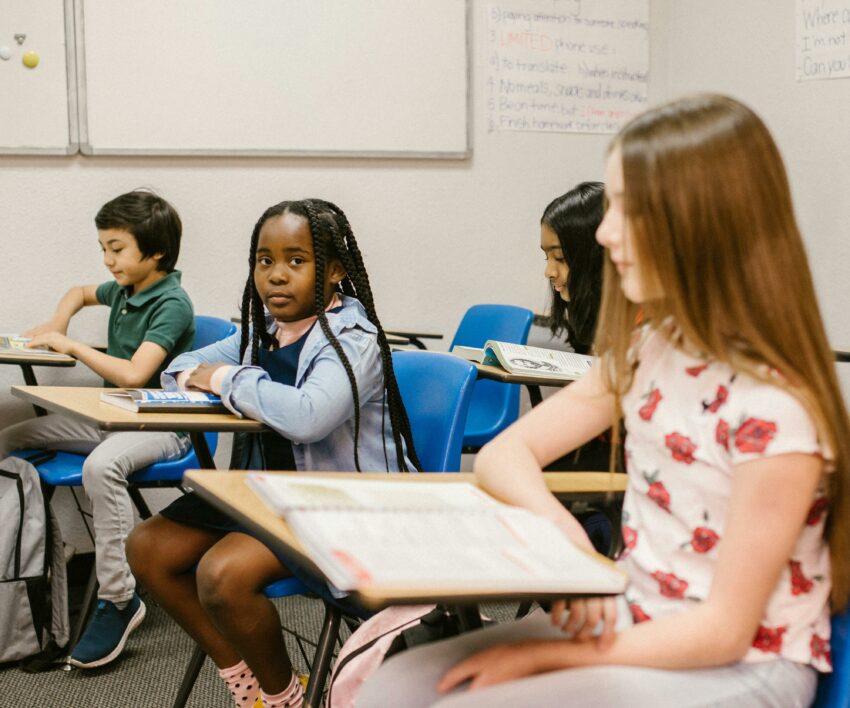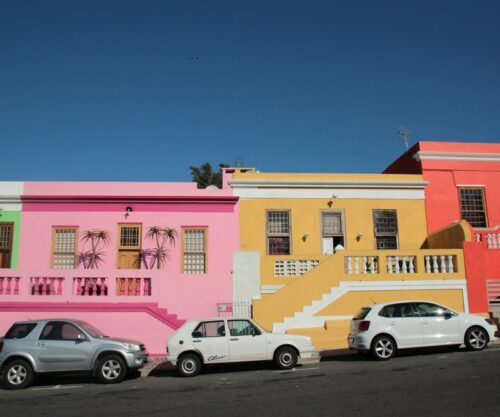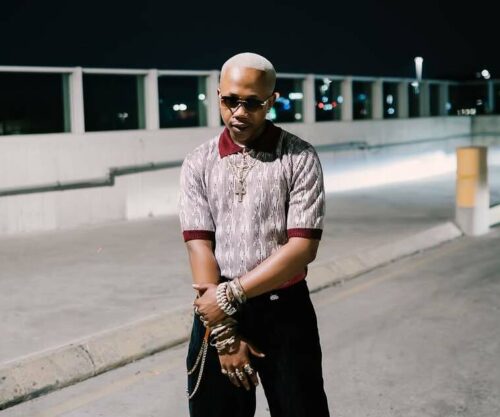
The South African side of social media has been riddled with conversations regarding the real and harsh effects of colonialism and apartheid, as some users observe more and more children growing up not being able to communicate in their indigenous languages.
Social media has quickly become a platform that hosts some debates, ranging from the most unserious topics, such as the recent 100 men vs 1 gorilla debate, all the way to some serious matters such as the realities of oppressive systems such as apartheid and colonialism. Whether to share and receive opposing opinions and views or merely to prove superiority, users use platforms such as X to engage in these debates.
Recently, the current rise in children who are not taught or exposed to their native languages has become a cause for concern for some users, who have taken to social media to voice their frustration. These users highlight how this not only negatively affects the passing down of our African culture and heritage, but also has the potential to isolate the individuals on a personal level.
On one side, users have condemned the normalisation of monolingual children in South Africa, particularly those who do not speak or understand any indigenous language. Although these users can acknowledge the importance of learning the English language, they believe that the onus is on the parents to ensure to also expose their children to their mother tongue.
These users believe that the failure to do so often has a negative impact on the culture as a whole, as well as individually for the children once they grow up, as our languages are one of many ways that people connect and relate with one another.
” One way in which language exclusions occur is by the notion of ‘official languages’, where those who are fluent in the languages become participatory and those who are not are excluded,” a study by SADTU reveals.
You’ve honestly your child if you’ve deprived them the opportunity of speaking their native language. https://t.co/sSDgBkplz2
— Dr Thabang (@Thabang_Tooi) May 1, 2025
I will fight that anti-multilingualism tooth and nail!!?
it is gut-wrenching to have your mother tongue as a language barrier. wanting to chime in on convos but I can’t bcz English in sacred vernac spaces always sounds invasive?
At least I speak tsotsitaal and Joburg Sotho??
— Amahle Gebane?? (@amahlegebane) May 5, 2025
Why do people approach the language issue with children as if they need to “teach” these kids their native tongue? You don’t “teach” your kids isiZulu or seSotho. You simply speak it to them. The only language taught is that English you are shoving down their throats.
— Venus FlyTrap – ?uNokhwezi (@vumiley) May 6, 2025
However, the opposing side has critiqued this stance and countered it by raising a few important points. Firstly, these users believe that in today’s day and age, where so many cultures co-exist among each other, speaking in one common language, such as English, has become the norm; therefore, merely teaching children one language is enough.
Furthermore, these users have also raised how disingenuous it is to place all the blame on parents, as some children blatantly refuse to learn or speak their mother tongue, despite their parents’ efforts.
Lastly, some users highlight how factors such as attending private and model C schools force black children to assimilate into white culture, which often means neglecting or concealing parts of their own culture, including not getting the opportunity to learn any other language besides Ensglish.
i spoke about my experience w language loss on the ⌚️ app last year (username ‘zanelespeaks’) https://t.co/HMZVsxFZXM pic.twitter.com/sZrvhkV16h
— Zanele (@ZaneleMji) May 5, 2025




